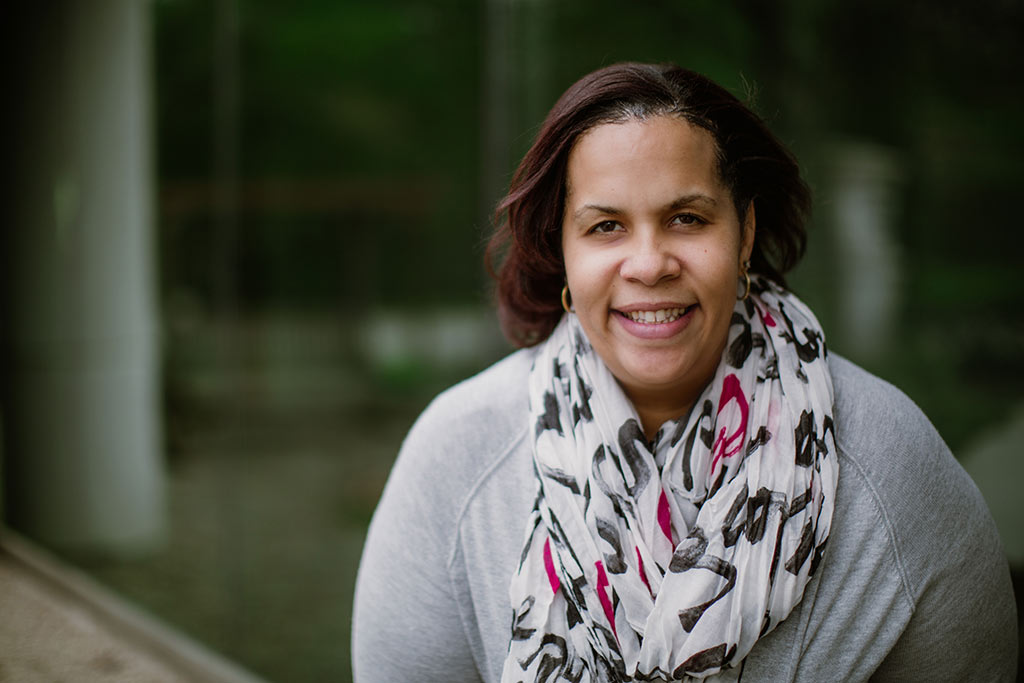I’ve spent my career working in social services in four states. I’ve helped families and foster youth navigate this journey and find healing because I’ve already walked through it—I was in foster care.
1. Kids in foster care fit a certain demographic.
I didn’t fit the stereotype for kids in foster care. I lived in a middle-class neighborhood and went to a middle-class school with middle- to upper-class friends. I came into care because of my father’s addiction. Addiction doesn’t have a name, race or socioeconomic background. Kids come into foster care from every type of community.
2. The biological families are the bad guys.
I hear a lot of times, “I don’t understand how they could do that to their kids.” “They should never get their kids back.” “They shouldn’t have anything to do with them.” But often, parents are doing the best they can with what they have. Sometimes they weren’t taught parenting skills and how to be good parents. They need support and guidance, too. And regardless of what our parents do, as kids in foster care, we still love them. They’re our parents.
3. Children in foster care are problem children.
Many people assume kids in foster care are somehow worse than other kids, and they’re not. They’re just kids, and all kids have growing pains.
They have to learn through structure and appropriate discipline how to become responsible people.
Foster kids have challenges just like biological children do. And where they do struggle, it’s through no fault of their own. It’s what’s happened due to trauma within their own family system.
4. It’s too late for teens in foster care.
I was a teen in foster care. I came into care when I was 14 and stayed with my foster parents until I aged out of foster care. Even though I was never adopted, they gave me permanency. I still have a room at my foster parents’ to come home to. I’ve heard people shy away from older kids because they think that they’re hard to manage and won’t listen. I worked with teens as a social worker for many years, and I can tell you they’re not bad kids. They’re only one caring adult away from remarkable success.
5. You have to fit a certain description to be a foster parent.
A lot of people have preconceived ideas of what it takes to foster. They think they need to be wealthy or married or already have kids. There’s nothing wrong with those things, but you don’t need them. Middleclass people can foster a child. Single people can foster a child. People who have never been parents can foster a child.
You just have to have the heart for these children.
Kris Isom is director of quality and compliance for FaithBridge Foster Care, an organization working to solve the foster care crisis through the Church.
Published June 5, 2018
